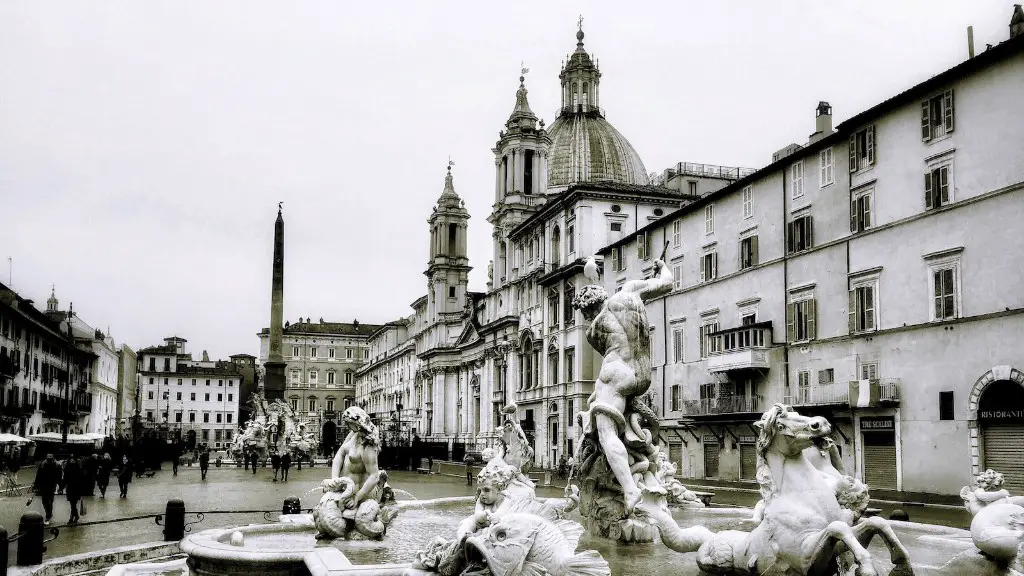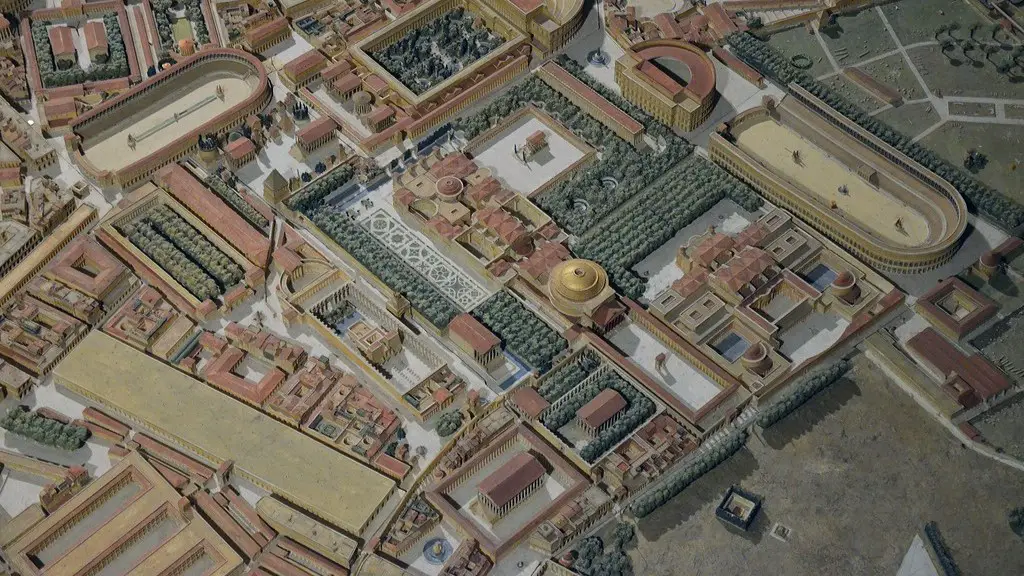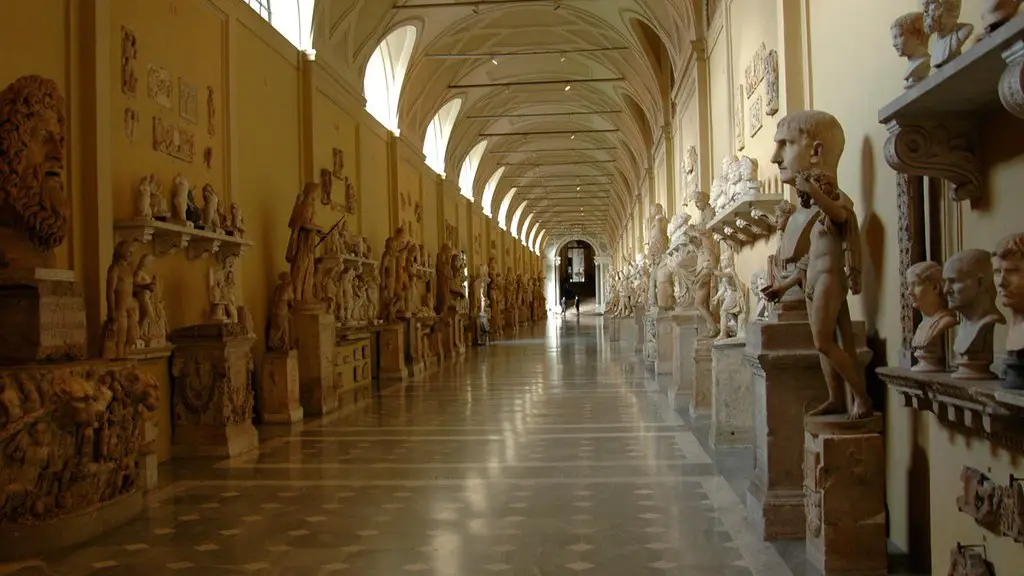Introduction to Tribune
The Roman Empire, like all societies, had different classes of people – nobility, the upper-classes, the middle-classes and slaves. In the hierarchy of Roman society, the most important and privileged citizens were the Tribunes. Tribunes were a special class of political representatives and tribunes had access to important, powerful positions in society. Tribunes could be elected to represent the people in the Senate, serve as advocates in certain legal cases and had the power to veto legislation. Tribunes were highly regarded and respected individuals and had the authority to execute their own judgement when considering matters such as justice, taxation and warfare.
Historical Background
Tribunes first emerged in 4th century BC in Rome. They were designed to protect the rights of the common people, or plebeians, from the wealthy patrician class. This was the result of a power struggle between the two sides, and the tribunes were a way to ensure that the plebeians had a voice in government. Over the centuries, their power and influence only increased both politically and culturally.
Much of the ancient Roman legal system was based on the idea of tribunes, and tribunes had a large amount of power. They could intervene to prosecute an individual or entity in court, or even challenge the decisions of senators. Furthermore, tribunes served as ambassadors between the plebeians and patricians and served as mediators in political disputes.
Rights and Responsibilities
As a privileged class, tribunes not only had the power to initiate legislation, but they also had the responsibility to see it through. Tribunes had to follow a set of important laws and regulations in order to maintain their authority and power. These included things such as keeping their words and promises, protecting and advocating for the people they represent and not abusing their power in any way.
Tribunes also had the right to veto any law or initiative if it ran counter to their beliefs and principles. This right was extended to any official decision made by a senator or government official. Tribunes also had the right to call a public assembly, in which they could speak out against an injustice, make arguments to influence public opinion and debate the merits of any proposed law.
Symbols and Insignias
Tribunes also had their own set of symbols and insignias that identified them as such. The symbol was a fasces, which is a bundle of rods banded by an axe, and was carried by a Tribune as a sign of power. This symbol not only showed their power, but also served as a reminder to their constituents that the tribune was a protector and law-maker.
The Decline of Tribune
In the first century BC, the power of tribunes began to decline as the Senate had more power. This was especially true after Julius Caesar’s reign, as the Senate had taken on a more absolutist role in the government. By the end of the first century, tribunes had virtually been stripped of their authority.
The decline of tribunes was further accelerated by Emperor Domitian in the second century. He abolished the tribunate, as he felt it was a hindrance to his power. This marked the end of the Ancient Roman tribunes and although tribunes still exist in some form today, they do not hold the same level of power and influence that they did in Ancient Rome.
Tribune in the Modern World
Today, the concept of tribunes has been taken up by other political systems, such as in the French Republic and some other countries that have adopted elements of the Ancient Roman political system.
In the modern world, tribunes are usually representatives of either a particular constituency or interest group, and their powers vary from country to country. However, in all cases, tribunes serve to provide an avenue for the public to make their voices heard, and their decisions can have a direct effect on public policy.
Tribune and Religion
The role of tribunes extended even further into the religious realm. The tribunes were closely connected to the gods and goddesses in the Roman pantheon, and were seen as having the divine right to intervene in religious matters.
The tribunes also had the power to summon gods and goddesses to appear in certain places and to invoke them in rituals. This was an important part of their role in the Roman Empire and gave them a special relationship with the deities of the time.
Conclusion
Tribunes were an essential part of the Ancient Roman political system, and their influence and power were far-reaching. Tribunes had the power to shape legislation, to represent the people in the Senate and, in some cases, even intervene in religious matters. Although their power has declined over the centuries, tribunes still exist in the modern world, albeit in a different capacity.


